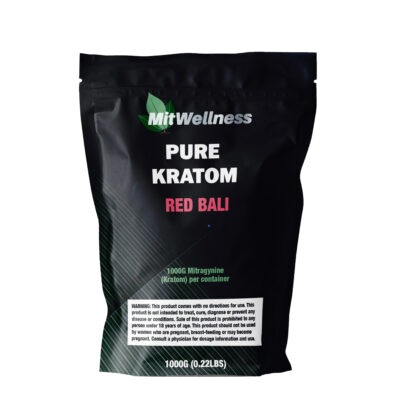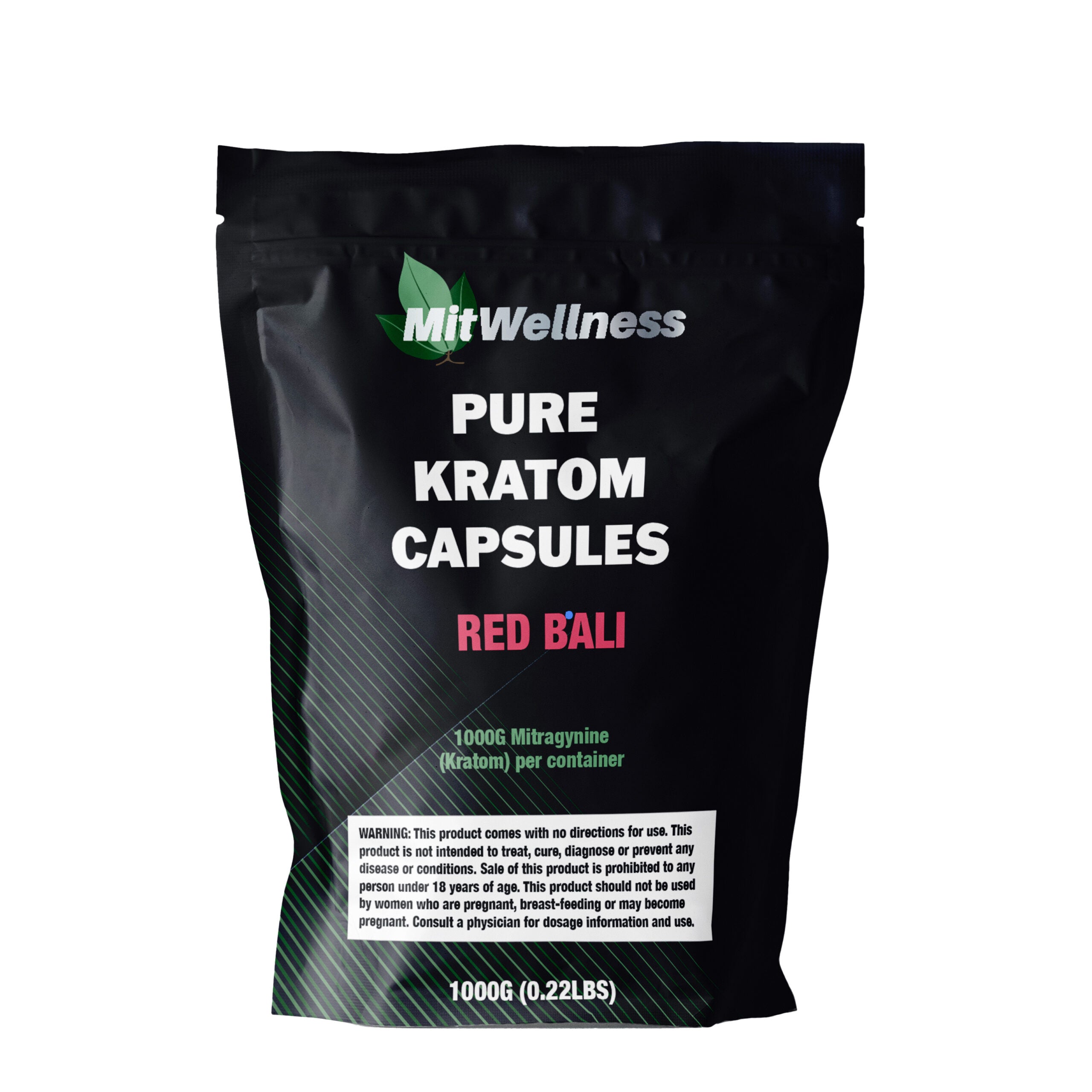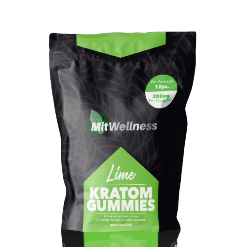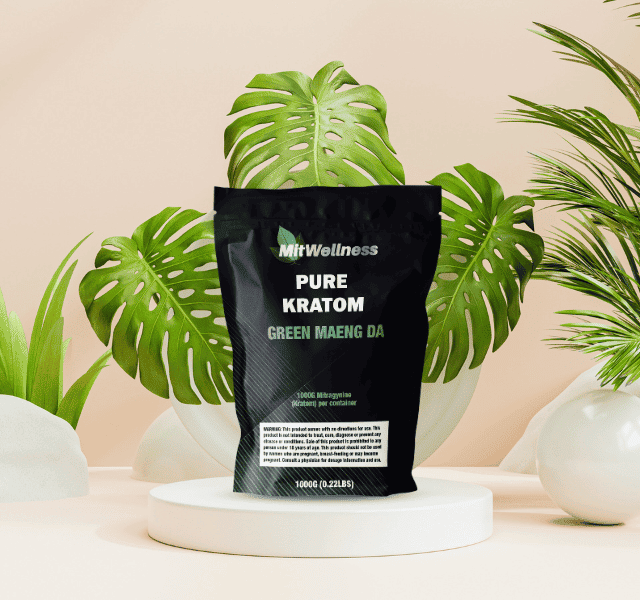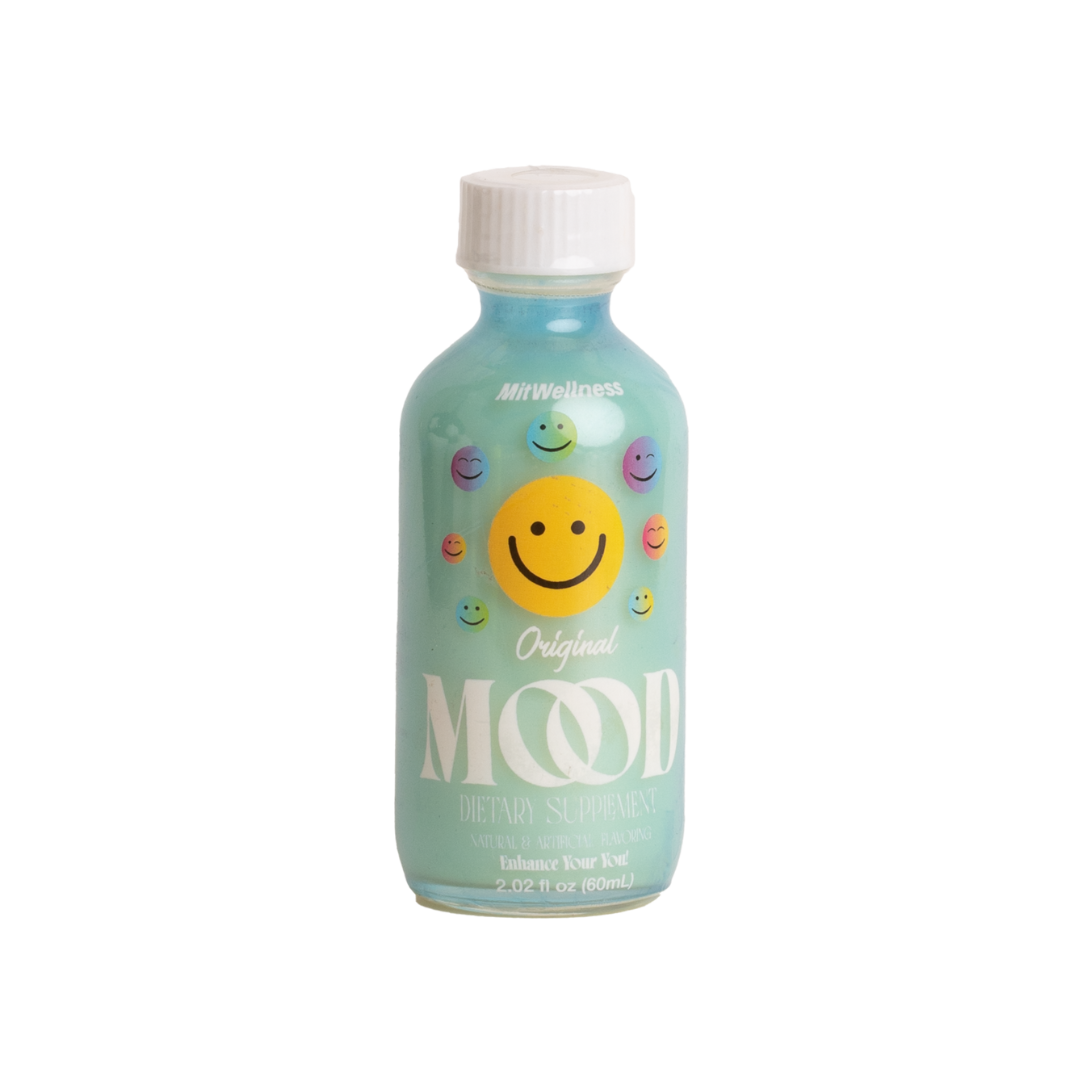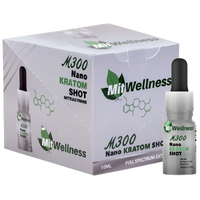 The Neurotransmitter systems interacts with kratom and affects the serotonin and noradrenergic systems. The major active ingredients in kratom leaves, mitragynine and 7-hydroxymitragynine, have been found to interact with brain receptors, which can influence satisfaction, calmness, and overall well-being. Does kratom affect serotonin? Yes, these compounds are linked to the regulation of serotonin and noradrenaline activity, impacting mood, stress levels, and other physiological processes.
The Neurotransmitter systems interacts with kratom and affects the serotonin and noradrenergic systems. The major active ingredients in kratom leaves, mitragynine and 7-hydroxymitragynine, have been found to interact with brain receptors, which can influence satisfaction, calmness, and overall well-being. Does kratom affect serotonin? Yes, these compounds are linked to the regulation of serotonin and noradrenaline activity, impacting mood, stress levels, and other physiological processes.
Serotonin is involved in regulating mood, appetite, and sleep, and studies suggest that mitragynine and 7-hydroxymitragynine might bind to serotonin receptors in the brain, potentially affecting mood and stress levels. The noradrenergic system is also influenced by kratom, with noradrenaline playing a role in controlling breathing, heart rate, and the body’s stress response. Some research indicates that mitragynine might block the reuptake of noradrenaline, potentially resulting in increased mental alertness and attention.
Caution with Kratom Use
While some people find kratom helpful, its interaction with neurotransmitter systems can have potential drawbacks, especially when used long-term. Some users have reported developing a reliance on kratom and experiencing withdrawal symptoms. There is also a risk of overuse and potential for misuse, particularly when combined with other substances. It’s important to exercise caution when using kratom and consult with a healthcare professional to ensure it’s appropriate for your individual needs.
What are Neurotransmitter?
Neurotransmitters are chemical messengers responsible for transmitting signals within the brain’s neurons (nerve cells) and between neurons and other cells throughout the body, such as those in muscles and glands. In this process, nerve cells can be compared to mail carriers, and neurotransmitters to letters. When a nerve cell needs to communicate with another nerve cell or muscle, it releases neurotransmitters, which function like letters and are taken up by the recipient cell, which then reacts accordingly. Neurotransmitters facilitate the transmission of information between nerve cells, enabling our body to perform various tasks, including mood regulation and muscle movement.
Neurotransmitters and Kratom
Kratom is known to influence the levels of several neurotransmitters in the brain, with serotonin and dopamine being the most notable ones. The primary active compounds in kratom, mitragynine and 7-OH Mitragynine (kratom alkaloids), have been observed to interact with serotonin receptors in the brain, particularly the 5-HT2A and 5-HT2C receptors. By binding to these receptors, kratom may affect serotonin levels in the brain, which are involved in regulating mood, sleep, and appetite.
Dopamine, another neurotransmitter, plays a crucial role in the brain’s reward and pleasure centers, as well as in movement, motivation, and emotional responses. Research suggests that the active compounds in kratom, mitragynine and 7-hydroxymitragynine, can influence dopamine release and reuptake in the brain. Does kratom release dopamine? These compounds may bind to dopamine receptors, particularly D2 receptors, which are linked to the brain’s reward and motivation systems.
Kratom has been studied for its potential effects on neurotransmitters, but it is essential to use it responsibly and consult with a healthcare professional to ensure its appropriateness for individual needs.
Nervous System Receptors and Kratom
Kratom is known to interact with several receptors in the nervous system, as observed in studies examining the profile of mitragynine and the effects of mitragynine or Mitragynine Pseudoindoxyl. How does kratom interact with the brain? Some neurotransmitters influenced by kratom and its alkaloids include:
Serotonin receptors: Kratom has been observed to interact with the 5-HT2A and 5-HT2C receptors in the brain, which may alter serotonin levels and affect mood and stress.
Dopamine receptors: Kratom binds to D2 dopamine receptors, which are linked to the brain’s reward and motivation circuits, potentially influencing dopamine levels and dopaminergic transmission. Kratom effects on brain function include its interaction with these receptors, impacting reward, motivation, and overall brain chemistry.
Adrenergic receptors: Kratom may also interact with adrenergic receptors, which are involved in the body’s stress response. This interaction could potentially have an impact on the brain’s noradrenaline levels.
It is important to keep in mind mitragynine toxicity to avoid toxicity in humans, so keep your Mitragynine Administration (alkaloid in kratom) in check and avoid drug interactions. Kratom is looked over by the Drug Enforcement Administration as a “legal high” substance.
For more information on the effects of Kratom contact MitWellness.


